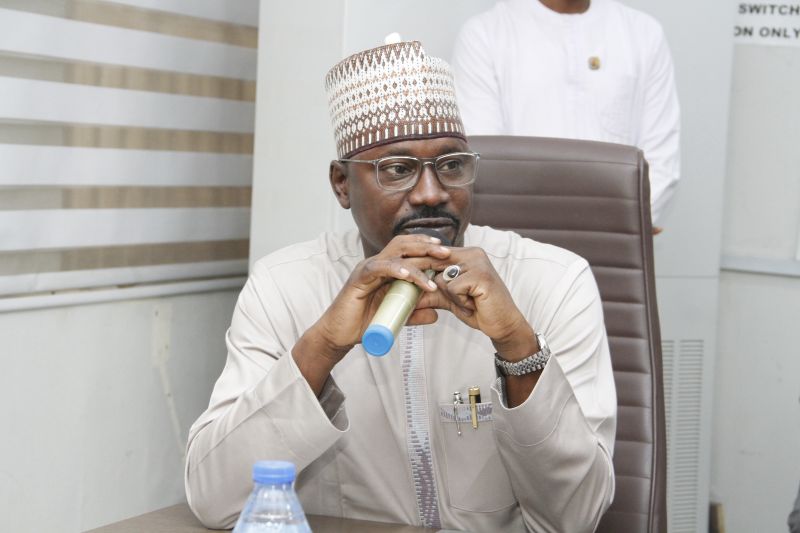The Rural Electrification Agency (REA) is stepping up efforts to expand clean energy through the new N100 billion National Public Sector Solarisation Initiative (NPSSI). Recently, Abba Aliyu, the CEO of REA, met with the Chief of Defence Staff, Gen. Christopher Musa. Their goal was clear: explore how the military can actively support and benefit from this bold solar energy plan.
This initiative aims to transform public sector power supply by installing solar systems nationwide. It promises to cut costs and boost reliable electricity, especially in government facilities. The government envisions a greener, more sustainable future powered by solar energy.
During the meeting, Abba Aliyu highlighted the importance of the military’s role. The Defence sector manages many facilities across Nigeria that could significantly benefit from solar power. Incorporating solar into military bases will not only reduce dependence on traditional fuels but also improve operational efficiency.
Gen. Christopher Musa welcomed the proposal and expressed interest in collaborating closely. The military’s involvement can accelerate the initiative’s success by ensuring security, logistics support, and swift implementation in key locations.
This collaboration signals a new phase for Nigeria’s clean energy plans. Instead of isolated efforts, the NPSSI will now integrate multiple sectors, creating synergies that benefit the entire nation. By including the Defence sector, the initiative gains a powerful partner capable of driving large-scale change.
Read more: Kelvin Oye Cautions FG on Shea Nut Export Ban, Urges Phased Transition to Protect Investors
Solar energy offers many advantages. It reduces greenhouse gas emissions, lowers electricity costs, and provides reliable power even in remote areas. The public sector stands to save millions of naira in energy bills once these solar installations become operational.
The N100 billion funding for the NPSSI reflects the government’s serious commitment. It plans to roll out solar projects across schools, hospitals, government offices, and military bases. This diversified approach will ensure a wide-reaching impact on Nigeria’s energy landscape.
REA’s CEO emphasized that public sector solarisation also aligns with Nigeria’s broader climate goals. The initiative supports the country’s commitments under international agreements to reduce carbon emissions. It also promotes energy independence and resilience.
By involving the military, the government leverages an organized and resourceful partner. The Defence sector’s expertise in managing large facilities and coordinating complex projects will help overcome common implementation hurdles.
This partnership could set a benchmark for future collaborations in Nigeria’s renewable energy sector. It showcases how public institutions can work together to achieve shared goals efficiently.
The meeting ended on a positive note, with both leaders agreeing to continue discussions and plan actionable steps. They aim to launch pilot projects soon to demonstrate the benefits of solar power in defence installations.
Nigeria’s National Public Sector Solarisation Initiative now stands on stronger ground with military backing. This cooperation could accelerate the country’s shift to clean, affordable, and reliable energy.
The future looks bright as Nigeria powers up its public sector with solar energy, lighting the way toward sustainability and economic growth.





